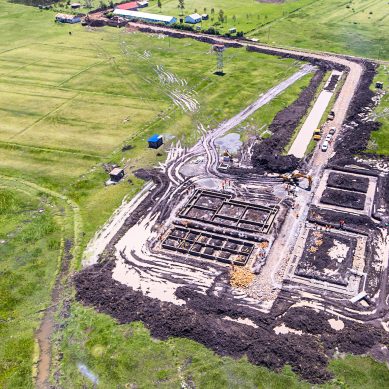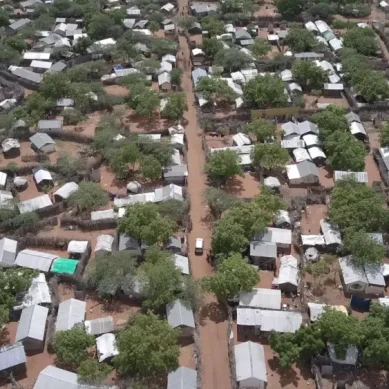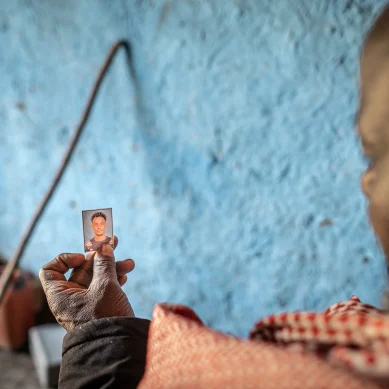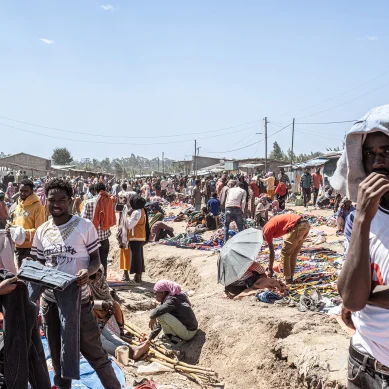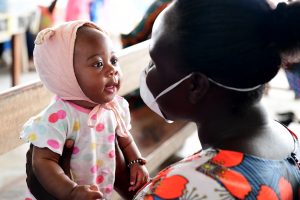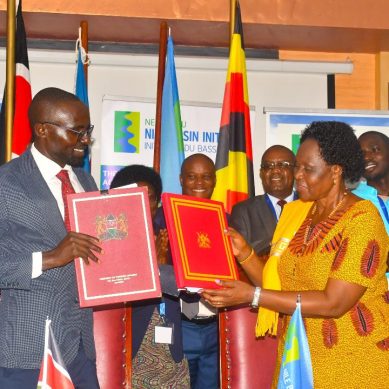Study in Sweden reveals sexual harassment is still a taboo subject even in gender-equality hotspots
The Lund findings echo those of a 2022 study2 of gender-based violence and sexual harassment in European research settings, which found that the prevalence of gender-based violence was fairly uniform across 15 nations.
Top scientists flee US following Trump’s research funding cuts; the academics prefer to work in Europe, Asia – even Africa!
More than 200 federal grants for research related to HIV and AIDS were abruptly terminated last month. Cuts to grants from the US National Institutes of Health for Covid-19 research were revealed, and the government began a $400-million reduction in research grants at Columbia University in New York City, because of campus protests supporting Palestinians in the conflict with Israel.
‘Refugees are Africans like us’, Kenyans say but fear terrorism as state rolls out non-nationals integration plan
The Shirika Plan has been lauded as a major step forward in securing durable solutions for Kenya’s 800,000 refugees, the majority of whom are from neighbouring Somalia and South Sudan.
Tales of boats sinking with migrants across the Gulf of Aden are common but Ethiopian youth would rather that than the poverty at home
Boats carrying migrants across the Gulf of Aden regularly sink. In March, the IOM reported that four boats had capsized off the coast of Yemen, with more than 180 migrants feared dead. Even for those who survive the crossing, traversing war-ravaged Yemen is itself fraught with danger.
‘I’m going to Saudi Arabia or to my grave: How hope became frustration, then despair among Ethiopia’s Oromo youth under PM Abiy
The government or its militias “can accuse anyone of being OLA and try to get money from them. If you don’t pay, you’ll be put in prison, and unless you pay you won’t get out,” Østebø says. “There is so much discontent and hopelessness.”
WHO recommends social and psychological support for school girls to address adolescent pregnancy
Reasons for early pregnancy vary, but are interrelated including gender inequities, poverty, lack of opportunity and inability to access sexual and reproductive health services, with also a strong correlation with child marriage; and in low- and middle-income countries.
Poor Pope and People’s Pope: While John Paul I was a paragon of tenacity and courage, Pope Francis was citadel of theological learning
Pop John Paul I: We have no temporal goods to exchange, no economic interests to discuss. Our possibilities for intervention are specific and limited and of a special character. They do not interfere with the purely temporal, technical and political affairs, which are matters of your government.
Study: Covid deaths were inflated and ‘over-reporting was intentional’ as infections were quite mild but it was necessary to scare people into believing the virus was severe
“There was a financial desire to make a lot of money from rapidly developed mRNA vaccines and to set a precedent for this in the future,” Bell said. “As infections from SARS-CoV-2 virus were generally quite mild, it was necessary to scare people into thinking Covid-19 was far more severe, and far more prevalent, than it actually was.”
Americans now admit no ‘natural’ or human origin of Covid, confirms evidence virus leaked from Wuhan lab
The Trump administration last week launched a revamped version of the government’s official Covid-19 website. The site is now dedicated exclusively to detailing evidence of the “true origins” of Covid-19” which the White House says escaped from a lab in Wuhan, China.
Scramble in Holy See: Guinean Cardinal Sarah among top contenders to replace fallen Pope Francis as head of Catholic Church
Any baptised Catholic male is eligible, although only cardinals have been selected since 1378. The winner must receive at least two-thirds of the vote from those cardinals under age 80 and thus eligible to participate. Pope Francis, who died on Monday, appointed the vast majority of electors, often tapping men who share his pastoral priorities, which suggests continuity rather than rupture.
